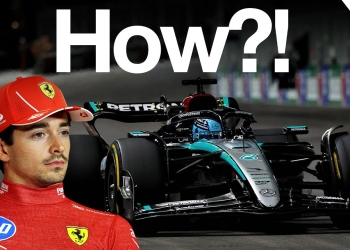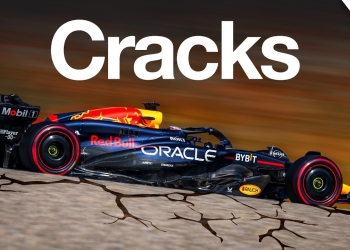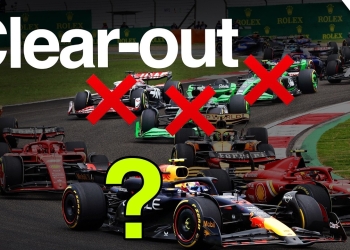The Making of a Champion: Verstappen's Strategic Path to Victory
Max Verstappen's fourth Formula 1 world championship triumph stands as a testament to his exceptional skill and strategic prowess, secured with two races remaining in the 2024 season. While the final standings might suggest a comfortable victory, the journey to this title revealed a more complex narrative of adaptation, resilience, and tactical excellence.
"It was very painful to have lost 25 points there," Verstappen reflected on his early-season retirement in Australia, highlighting the championship's tight margins.
Early Season Dominance
The season began with an emphatic display of Red Bull's capabilities:
- Four wins and a Sprint race victory from five events
- Dominant performance at the Chinese Grand Prix
- Strong support from teammate Sergio Perez with three second-place finishes
The McLaren Challenge
The championship battle evolved significantly after the initial races:
| Period | Top Scorer | Margin |
|---|---|---|
| Post-Miami | Verstappen | Slim lead |
| Post-Summer Break | Norris | Led points total |
McLaren's emergence as a serious contender presented unique challenges:
- Late introduction of crucial upgrades (Round 6)
- Dominant performances in Hungary, Suzuka, and Singapore
- Lando Norris securing seven pole positions
Critical Moments
Key Victories:
- Imola performance under pressure
- Flawless execution in Canada
- Masterful wet-weather display in Brazil
Strategic Advantages:
- Superior team communication
- Effective decision-making in critical situations
- Excellent damage limitation during challenging periods
"McLaren's occasional lack of sharpness at the front... exposed the inexperience he and this version of McLaren have in title fights."
Technical Evolution
Red Bull's development path showed remarkable adaptability:
- Early season dominance
- Mid-season struggles
- Late-season recovery with crucial upgrades
Performance Improvements
- New floor introduction in Austin
- Enhanced understanding of car limitations
- Successful adaptation to varying track conditions
Click here to preview your posts with PRO themes ››
The championship victory ultimately reflected Verstappen's ability to maximize opportunities while maintaining consistency through varying competitive phases, proving that the fastest car isn't always necessary for championship success.









